Academy Museum Vows ‘Immediate’ Change to Jewish Founders Exhibit, New Letter Complains of Antisemitism
The Academy Museum of Motion Pictures vowed on Monday to make changes “immediately” to an exhibit about the Jewish founders of Hollywood after a new letter signed by 300 prominent Hollywood Jews complained that it was antisemitic.
“We call on the Academy Museum to thoroughly redo this exhibit so that it celebrates the Jewish founders of Hollywood with the same respect and enthusiasm granted to those celebrated throughout the rest of the museum,” read the letter from the United Jewish Writers, signed by actor David Schwimmer, showrunner Amy Sherman-Palladino and business leader Casey Wasserman, referring to “Hollywoodland,” which opened in mid-May.
“We have heard the concerns from members of the Jewish community regarding some components of our exhibition ‘Hollywoodland: Jewish Founders and the Making of a Movie Capital,'” the Academy Museum said on Monday in a statement obtained by TheWrap. “We take these concerns seriously and are committed to making changes to the exhibition to address them. We will be implementing the first set of changes immediately — they will allow us to tell these important stories without using phrasing that may unintentionally reinforce stereotypes. This will also help to eliminate any ambiguities.”
It continued, “In addition to these updates, we are convening an advisory group of experts from leading museums focused on the Jewish community, civil rights and the history of other marginalized groups to advise us on complex questions about context and any necessary additions to the exhibition’s narrative. We are deeply committed to telling these important stories in an honest, respectful and impactful way.”
A spokeswoman from the Academy said the changes were already on the way when they received the letter.
TheWrap reported exclusively last week that a half-dozen prominent Jewish creatives wrote individual letters complaining that the exhibit perpetuated “antisemitic tropes” and focused on the founders’ flaws rather than their achievements, using words like “tyrant,” “predator,” “womanizer” and “oppressive.”
“You effectively lay the prejudice, racism and misogyny of the 20th century at the feet of the Jewish founders of the movie business,” showrunner Keetgi Kogan wrote at the time. “Your thesis seems to be that these Jewish immigrants were grasping social-climbers who chose to assimilate into American society on the backs of exploited women and people of color. What’s more, you assert that it is these Jewish immigrants alone who created a fictitious version of America, whitewashed free of discrimination, for their own personal gain.”
She concluded: “It is almost as if, instead of celebrating the birth of the industry, the Academy is apologizing to the public for having to reveal a dark corner of its history it wishes it could have kept hidden.”
The permanent exhibit “Hollywoodland: Jewish Founders and the Making of a Movie Capital” and focuses on studio founders like Jack and Harry Warner, Harry Cohn at Columbia, Marcus Loew and Louis B. Mayer at MGM and Jesse Lasky and Adolph Zukor at Paramount, among others. The exhibit was created in response to criticism that the museum omitted the Jews who founded the industry.
A visit to the exhibit reveals a narrow 30-foot gallery with panels dedicated to each of the studios that were founded in the first decades of the 20th century: Warner Bros., MGM, RKO, Universal, Paramount, Fox and Columbia, with descriptions of the Jewish men behind each of them. The letter-writers took issue with the text of the panels, which are in English and Spanish.
“It was a period of oppressive control,” reads the introductory panel on “Studio Origins,” explaining the system where eight majors “dominated the industry.”
Also in the exhibit:
* In a description of less than 100 words, Harry Cohn is described as “a tyrant and predator,” with an office modeled on “Italian dictator Benito Mussolini, built to intimidate anyone who entered.”
* Jack Warner is described as “brash and irreverent” and a “womanizer” who was “frugal” in shaping the Warner Bros. culture.
* In the Universal panel, Carl Laemmle is described as rising from errand boy to running the studio, “Where his kindness and nepotism earned him the moniker ‘Uncle Carl.’”
* The 1927 movie “The Jazz Singer” starring Al Jolson is highlighted as the first widely released feature with synchronized sound. The description also calls out the movie’s use of “blackface, perpetuating a century-long tradition in the United States that caricatures and dehumanizes Black people.”
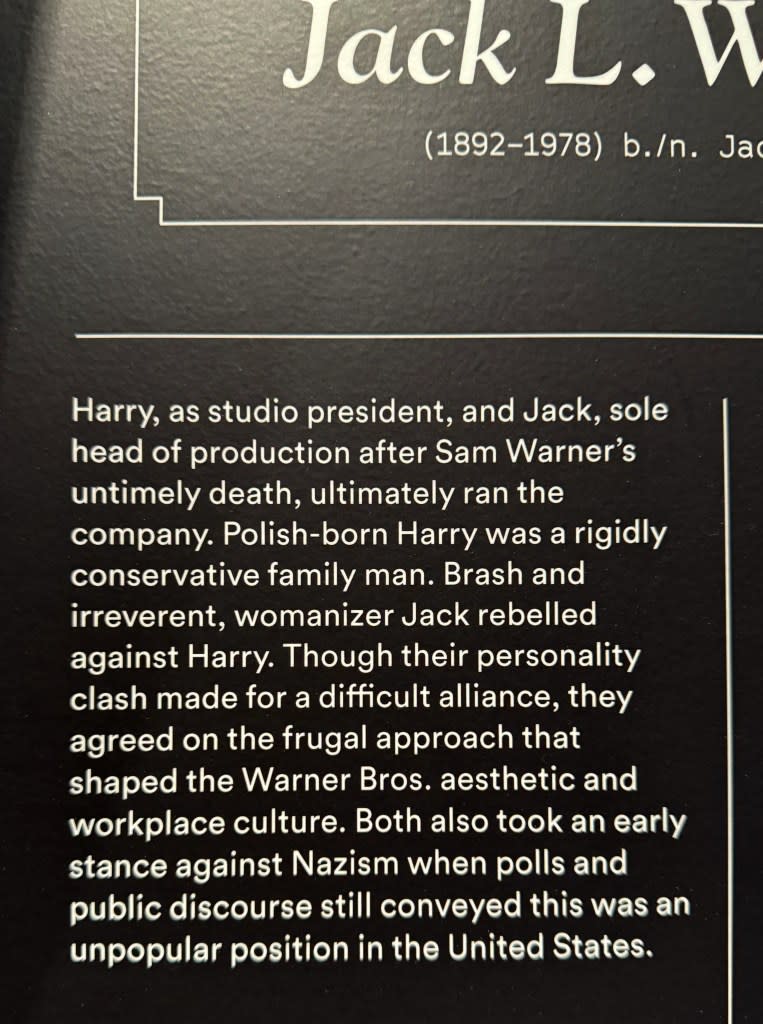
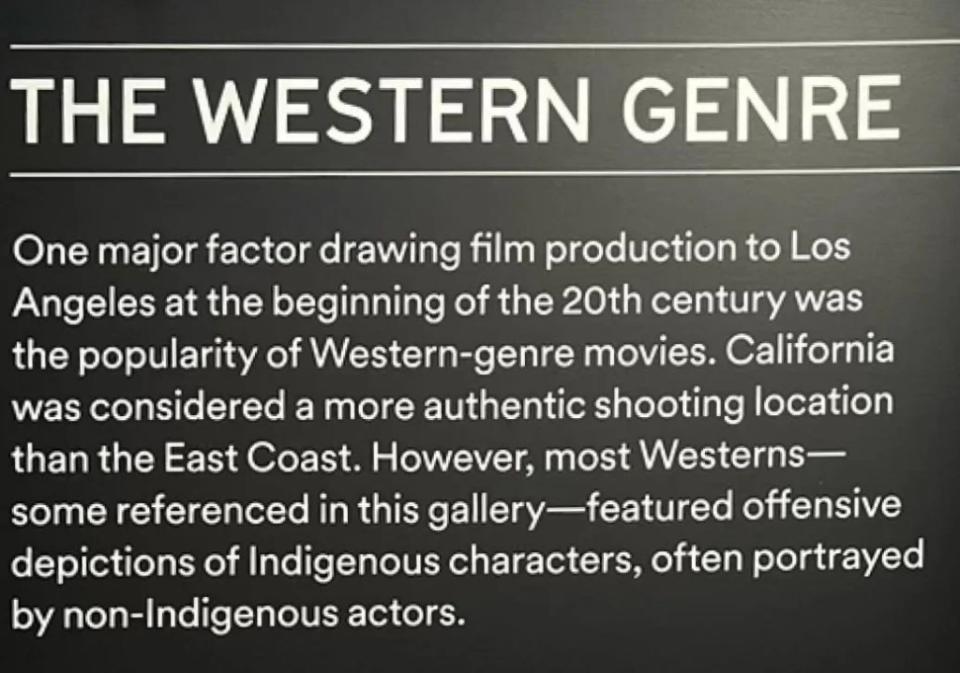
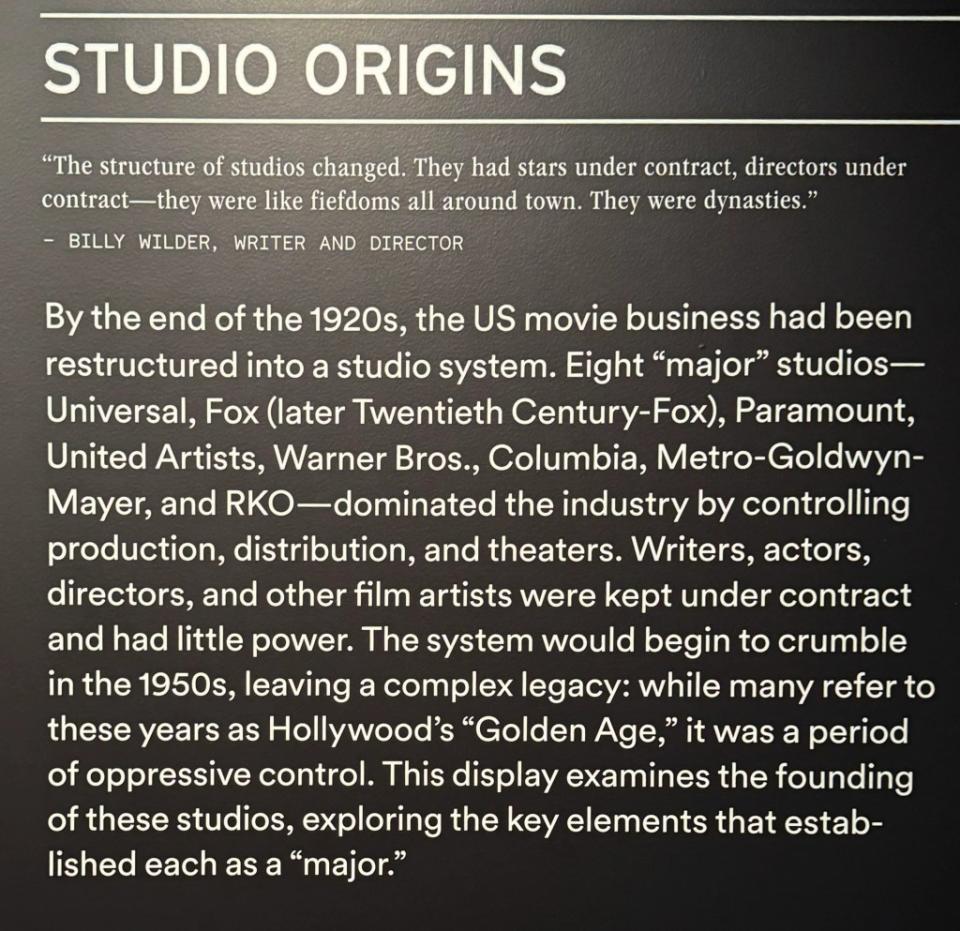
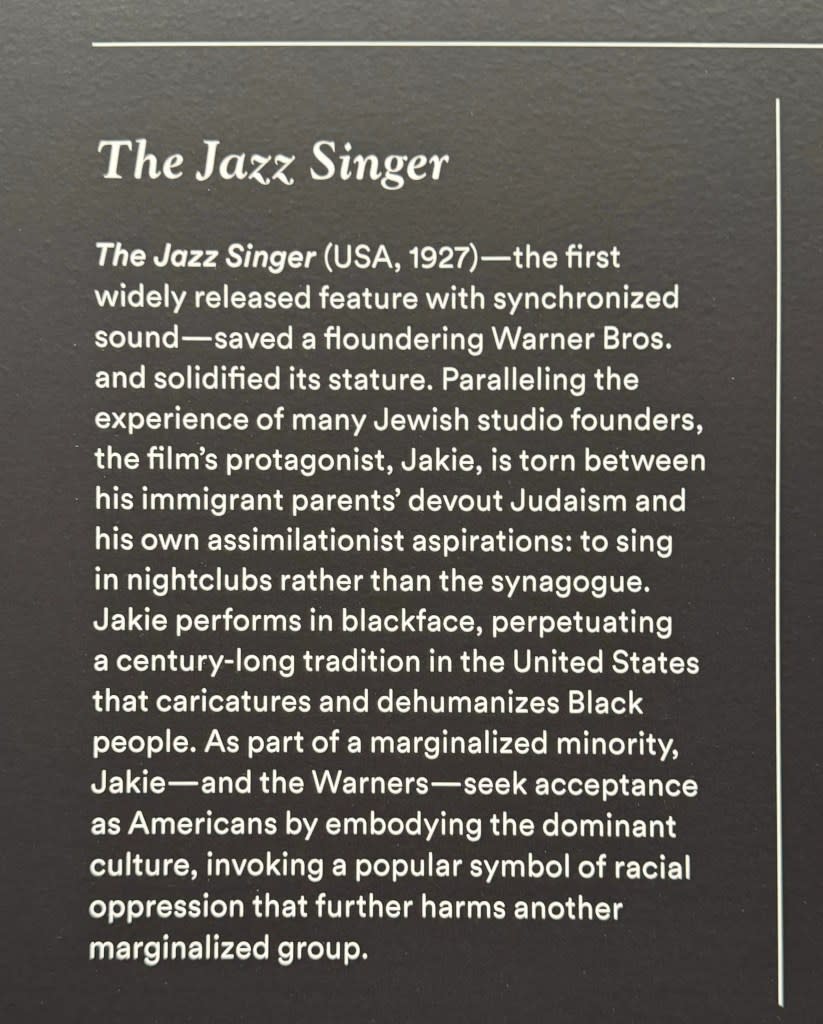
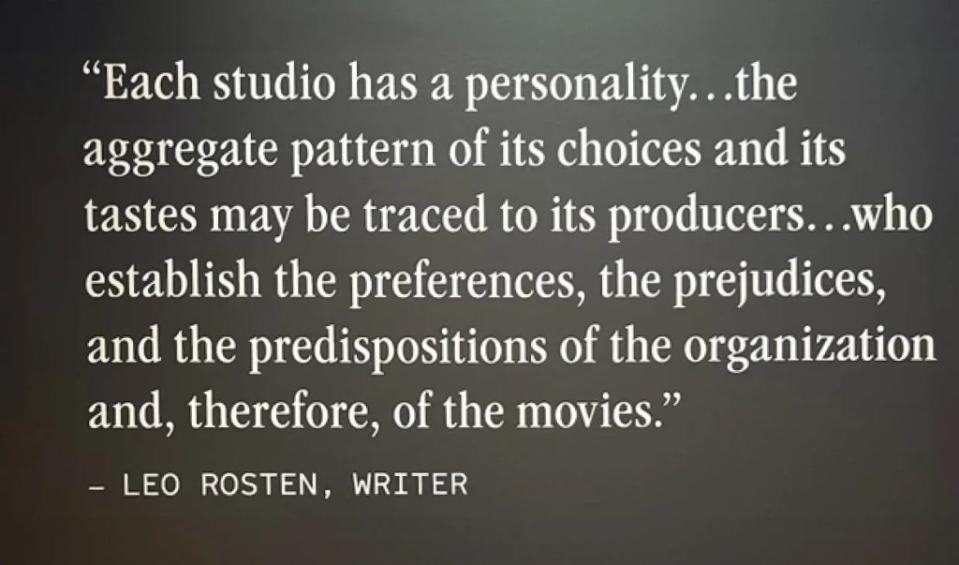
The New York Times first reported the news.
Sharon Waxman contributed to this report.
The post Academy Museum Vows ‘Immediate’ Change to Jewish Founders Exhibit, New Letter Complains of Antisemitism appeared first on TheWrap.


